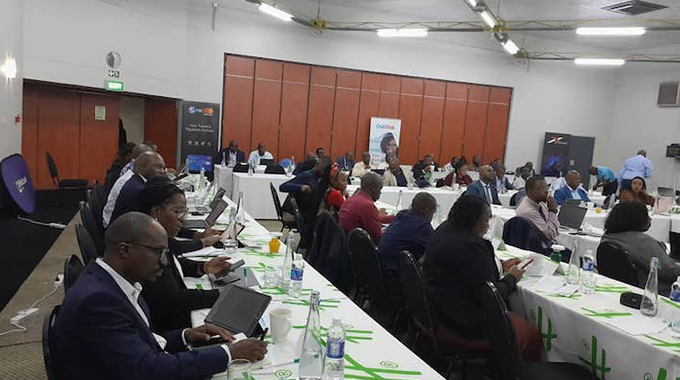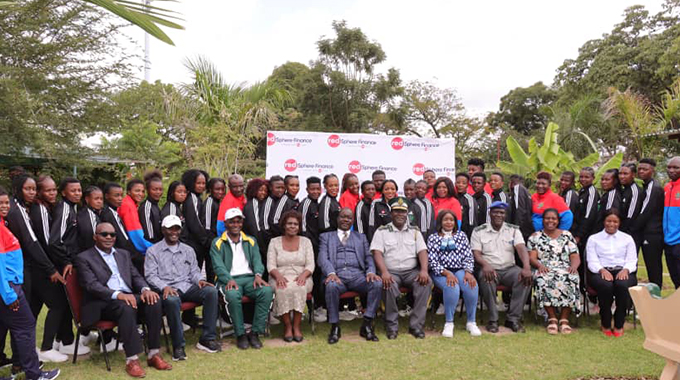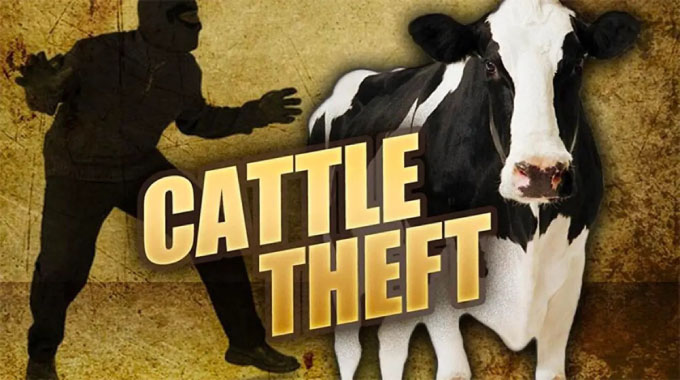Ndebele monarchy resuscitation debate heats up

Nqobile Tshili, [email protected]
A call for the resuscitation of the Ndebele monarchy has sparked renewed debate. Advocates argue that it is crucial for preserving Ndebele cultural identity, which has been gradually eroded by westernisation. The collapse of the Ndebele monarchy in 1893, when King Lobengula allegedly vanished while fleeing colonialists intent on capturing and killing him, marked a significant historical event.
Under President Mnangagwa’s Second Republic, efforts to correct the country’s history include the revival of important monuments. Enthusiasts of the Ndebele monarchy now call for its restoration to safeguard cultural heritage.
Historian Mr Pathisa Nyathi, who recently led a fact-finding mission to locate King Lobengula’s grave alongside Khumalo royal family members and Government officials, asserted that reviving the monarchy system will contribute to the revitalisation of Ndebele traditions.

An 1893 picture believed to be a potrait of King Lobengula
Importantly, the revival of Ndebele kingship need not disrupt the existing governance system. Instead, it can serve as a means of commemorating cultural events, including the long-disbanded Inxwala festival, he said.
Mr Nyathi suggested that Zimbabwe can learn from countries like South Africa, which, despite being governed as a republic, still recognises traditional kings who play a significant role in cultural events. For instance, the Zulu community in South Africa is now led by King Misizulu, and other ethnic groups also have their own kings.
Mr Nyathi points out that during colonisation, Cecil John Rhodes intentionally undermined Ndebele cultures. He even took away royal sons to prevent the Ndebele from participating in cultural events. The revival of the Ndebele monarchy could help restore and celebrate these cultural traditions.
“People should not be afraid of the resuscitation of kingship, there is absolutely nothing wrong with that. This is a republican state or country. Look at South Africa, it is also a republic just like us, the kings are there for cultural purposes. It should be very clear,” he said.
“The idea of having a king and resuscitating inxwala is not a threat to Zimbabwe at all. What people want is revival of our culture. Some people may not even know that our culture has been adulterated, adulterated because of Cecil John Rhodes, who after conquests removed the King Lobengula’s children, who include Njube, Nguboyenja and Mpezeni. He whisked them out of this country to South Africa, the Cape ostensibly so that they can be given education. A big lie. He didn’t want a rallying point; those were the sons of King Lobengula who qualified to become kings,” said Mr Nyathi.

Mr Pathisa Nyathi
According to Mr Nyathi, having a king is essential for preserving Ndebele cultural events. However, the situation is complex. While King Lobengula had other sons, some were born before he ascended to the throne, disqualifying them from becoming kings.
Interestingly, King Lobengula’s potential heirs were taken to South Africa. Consequently, it’s not surprising that Bulelani, who claims to be the Ndebele king, also hails from South Africa. The Ndebele kingship issue has led to factions within the Khumalo family, with Dr Peter Zwide Khumalo also asserting his claim to the Ndebele kingship. Additionally, several other claimants have emerged.
Beyond the political complexities surrounding the heir to the Ndebele kingship, Dr Khumalo agrees with Mr Nyathi that reviving the monarchy need not disrupt the existing governance system.
“Kingship is different from contemporary governance systems. It is mainly to lead cultural identities of a people while the governments are democratically elected and depend on elections as their centre of power. Zimbabwe at the moment might be the only country that has neglected the monarchical system for cultural purposes,” said Dr Khumalo.
Dr Khumalo said that Southern African countries like Malawi, Tanzania, and Zambia, have Nguni ethnic groups that continue to have kings who play a central role in cultural events. For instance, King Mpezeni’s people in Zambia still practice the inxwala festival.
“Inxwala is a celebration of the first harvest and a king leads the process. No one is expected to taste the first harvest before the king. And here we last did inxwala commemorations before the collapse of the Ndebele state and the disappearance of King Lobengula,” he said.
Dr Khumalo aligns with President Mnangagwa’s appeal to revive national monuments. The revival of the Ndebele kingship would facilitate the preservation of Ndebele cultural practices in accordance with Nguni customs.
However, the resuscitation of the Ndebele monarchy faces a challenge: the country’s constitution does not officially recognise the position of a king. Instead, it acknowledges chiefs as the custodians of culture. –@nqotshili











Comments